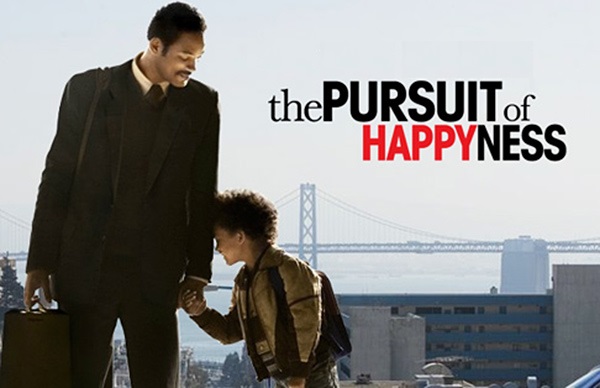To comment or receive more such wisdom, please register on www.gyanalogy.com/login

Yesterday someone added me on LinkedIn with this note “You have an interesting career trajectory. Would love to hear more about it over a chat if you ever have some time”. Before long we started chatting and discussion shifted to “What are you seeking?” A joke followed, “Top of my head I seek the knowledge of how I may avoid binging on junk food while at home”.
And that got me thinking - why anyone wants to avoid anything at all? The very word “avoid” alludes doing something we don’t want to do. But aren’t we doing everything we do because we want to be happy?
So why the burden of “avoid” on our happiness? If you like junk food, why not just eat it? For sure it makes you happy! By “avoiding” junk food are you happier or sadder? Is moderation the key?
There is a famous Stanford University Marshmallow experiment - a study on delayed gratification in 1972 led by psychologist Walter Mischel. In this study, children were offered a choice - one marshmallow now or two marshmallows if they waited for a period of time. In follow-up studies, the researchers found that children who were able to wait tended to have better life outcomes, as measured by university admission test scores, educational attainment, body mass index (BMI), and other life measures.
When I was an undergraduate student, I came across the concept of “Time value of money” – Would you rather have one dollar today or two dollars in a year? The idea is that money (magically? - Read more here Money grows on tree) multiplies with time. The speed at which it multiplies is called interest rate when looked ahead in time or discount rate when looked backwards in time. So what would you chose – one dollar today or two dollars in one year’s time?
Contrast the Marshmallow experiment with Time Value of money. The child who is seeking instant gratification perhaps just has a higher discount rate (interest rate). The child prefers “one bird in hand rather than two in the bush”. A lot of us are like that. We don’t like uncertainties; we would rather take the one dollar today than two dollars in one year’s time. Who knows the person who makes that offer is alive in a year’s time? This is the so called “default risk” – the chance that you may not get what you are promised.
Coming back to binging on junk food – would you rather eat that French fries you crave or “avoid”? Let’s look at it closely, if you eat the crunchy on the outside and soft on the inside deep fried fries dipped in a barbeque sauce it does give you instant gratification. But what is the downside? Well the oil in the fries and the concoction of the barbeque sauce laden with a cocktail of chemicals we know nothing about may manifest as cancer or blocked artery in a year (or longer). But the key word here is “may”. There is an inherent uncertainty. While the joy of munching the fries gives you instant sense gratification.
It turns out that we are pretty bad at foreseeing the future and even more terrible at foreseeing our own future. When surveyed, people think that the chance of dying in a car accident is pretty high but when asked what their chances of getting into an accident are, they think it is very low. Furthermore, people feel that they are less likely to meet an accident when they are driving versus when they are just a passenger in the car. This is called “illusion of control”. We feel that we can control more things than we actually can! Everyone knows that smoking cigarettes can cause cancer but we just believe that it won’t happen to us. Our illusion of control and desire to seek instant gratification color our long term vision.
If we start looking at “lifelong happiness” as opposed to “instant gratification” we will realize that this shift in perceptive will cause a shift of perception as well. A shift in perception cannot happen without the shift in perspective. The goal of life is to maximize lifelong happiness and not instantaneous happiness. In Management and Finance we call this shift in perspective “Net Present Value” approach. Once we realize that the fries we munch or the cigarette we puff can lead us to a hospital bed causing a net diminish in our lifelong happiness, we will find “avoiding” temptations is not difficult at all!
To comment or receive more such wisdom, please register on www.gyanalogy.com/login



